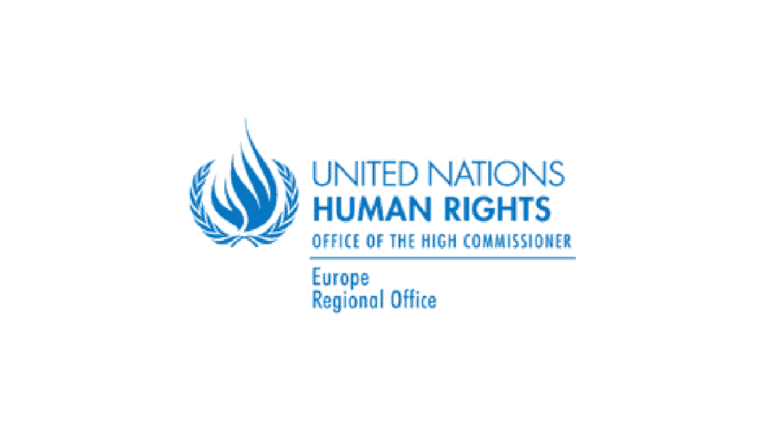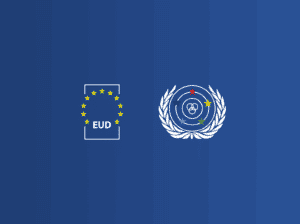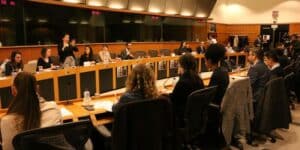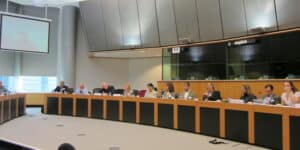On the 23rd of June, EUD participated in a webinar on the importance of strengthening social protection systems in the EU as part of the COVID19 recovery process. Presenters included experts from the Office of the UN High Commissioner for Human Rights (OHCHR), the International Labour Organisation, EU social partners, national human rights institutions and civil society.
The COVID-19 pandemic poses an unprecedented challenge to societies worldwide and its consequent economic and social impact has triggered an unparalleled crisis, with a disproportionate impact on groups at risk of discrimination, such as persons with disabilities. Recovery policies and budget allocation are essential to steer the world onto a healthier and more inclusive path, including through stronger social protection measures based on human rights.
In the first panel on access to information, Olivier De Schutter, UN Special Rapporteur on extreme poverty and human rights, explained the non-take-up of rights phenomenon, which consist of societal groups that do not claim their entitlements due to lack of awareness about their availability. He also discussed about care work by women, such as childcare, and explained social protection systems needs to include this. Kroum Markov, from the Social Protection Department of the International Labour Organisation, explained that social protection is increasingly seen as an investment, and reminded that social protection is important to combat poverty beyond crisis such as the COVID19.
Leo Willians, Director of the European Anti-Poverty Network, explained the experience of his organisation in involving persons experiencing poverty and EU policy makers in a yearly event at the European Commission. Debbie Kohner, Secretary-General of the European Network of National Human Rights Institutions, explained that measures taken during COVID19 have had a disproportionate impact on marginalised groups, and she gave examples of how National Human Rights Institutions have helped include groups at risk of exclusion in policy making, to monitor and design of indicators and benchmarks in tracking progress in the realisation of economic and social rights.
The meeting closed highlighting the potential of social protection systems to building dynamic economies and inclusive democratic societies. In the area of poverty and social exclusion, EUD calls onto its members to utilise EUD toolkit on the ‘European Pillar of Social Rights and the European Semester Process’ Toolkit’ to seek the opportunities posed by the European Semester process to implement the European Pillar of Social Rights and the UN CRPD, which can lead to better socioeconomic policies at the national level.
EUD would like to thank the UN Human Rights Regional Office for Europe and the International Labour Organisation for organising this webinar.













